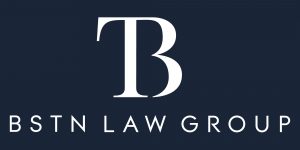On August 26, 2020, the Securities and Exchange Commission (SEC) amended the definition of “accredited investor” to add new categories of qualifying individuals and entities and to make other modifications to allow more investors to have access to private offerings.
The amendments intended to effectively identify the investors that have sufficient knowledge and expertise to participate in private offerings, not just based on income or net worth, but also based on professional knowledge, experience, and certifications. In addition, the SEC expanded the list of entities that may qualify as accredited investors.
The amendments expand the accredited investor definition under the Securities Act, as follows:
I. Add a new category that permits individuals to qualify as accredited investors based on certain professional credentials issued by an institution designated by the SEC;
II. Include a new category of “accredited investor” based on the individual’s status as a “knowledgeable employee” of private funds;
III. Add the term “spousal equivalent” to the accredited investor definition, so that spousal equivalents may pool assets to qualify as accredited investors;
IV. Confirm that limited liability companies with $5 million in assets may be accredited investors; and 5. Expand the types of entities that are accredited investors to include registered investment advisers, rural business investment companies (RBICs), all “family offices” with at least $5 million in assets under management and their “family clients”, and other entities that own “investments” of at least $5,000,000 and were not formed for the specific purpose of acquiring the offered securities (which will include entities organized under the laws of foreign countries). The amendments will be effective 60 days after publication.


